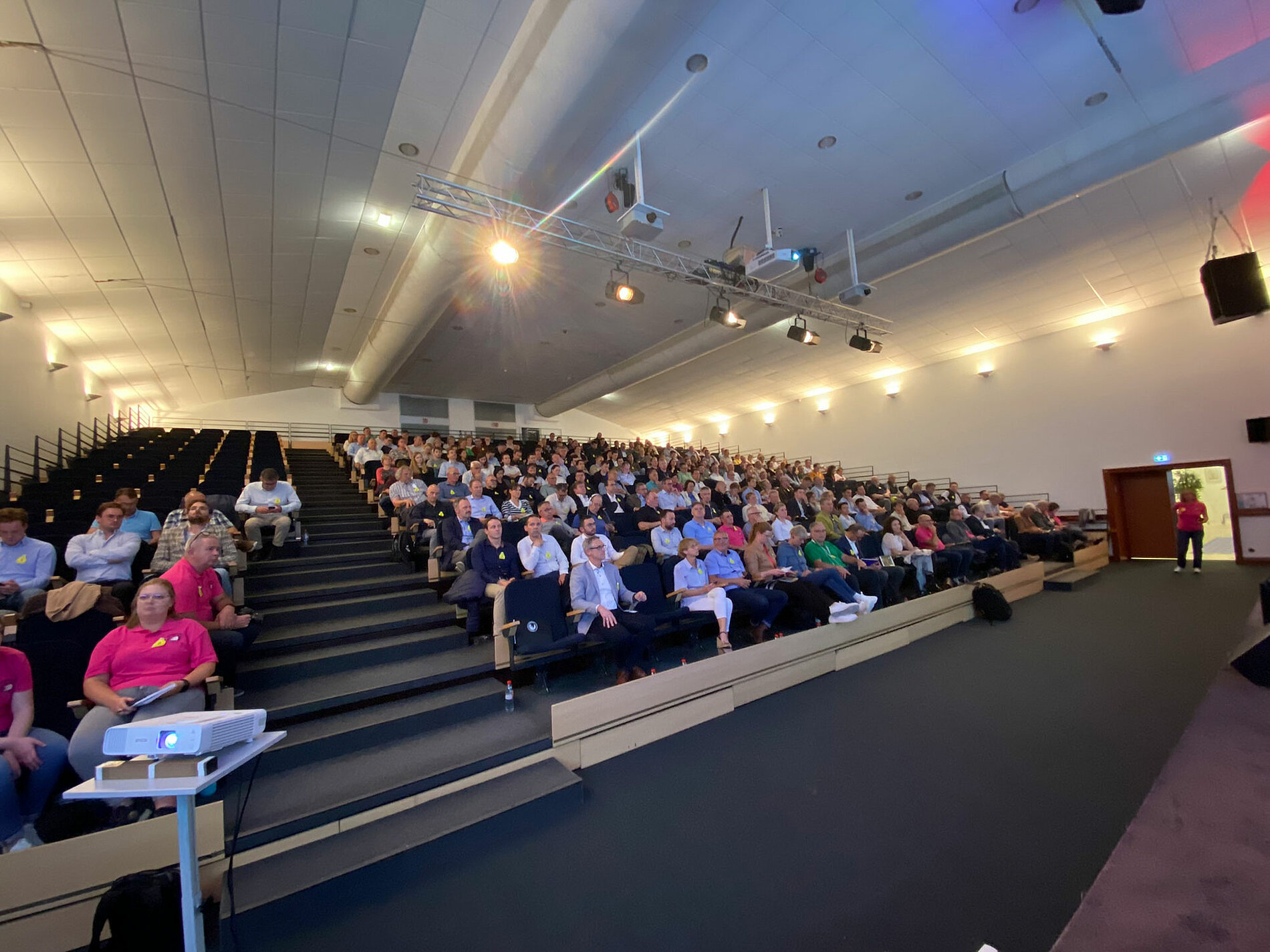Getting consumers excited about pork
Getting consumers excited about pork is not a simple task. As part of the food chain, pig producers have to deal with many factors in order to reach "the unknown entity". New ideas were presented at the European Pig Producer (EPP) Congress at the end of May in Nantes, France.
On the podium and during the farm excursions of the EPP Congress, experts explored the question in-depth: "How can pig farmers persuade consumers to eat pork?" Five points were particularly important to the speakers
- Transparency: provide clear information about production methods, animal welfare practices and the efforts taken by the farm to conserve resources.
- Sustainability: Consumers are increasingly looking for products that are in line with their values. Therefore emphasis should be on the commitment of farms to sustainable production methods such as closed nutrient cycles, resource-efficient food and feed production, use of renewable energy and responsible water management.
- Traceability: Building trust through comprehensible traceability systems that allow consumers to trace the origin of the pork products.
- Quality and innovation: Pork must first and foremost be tasty and be readily available with an attractive price tag in order to end up in the shopping basket. Therefore, the promotion of inherent quality, combined with the development of new products, can help to fulfil different consumer preferences.
- Climate change and scarcity of resources: Most consumers in Europe take it for granted that all food is available at all times. Nevertheless, increasingly food security is becoming an issue, including in Germany.
This means that the unlimited access for everyone to sufficient, safe and nutritious food remains a key concern. Our world not only faces a growing population but also an ongoing threat to production due to climate change and resource scarcity.
Information on animal welfare
The participants at the EPP Congress emphasised the importance of maintaining direct contact with consumers and making even greater use of social networks. This would enable a good rapport with the younger generation located in cities in particular, who may no longer have direct contact with farms or the people who work there. Consequently, these consumers often have limited knowledge of how food is produced. We should educate them on animal welfare and how it is implemented as well as inform them on the measures taken to reduce impact on the environment. In this context, the labelling of meat products will continue to play an important role.
Innovations at EuroTier
"Production without taking into account the needs and wants of consumers will lead us to a dead end," summarised EPP President Gert van Beek. He emphasised that current EU regulations take into account the opinions of consumers. If farmers, however, are to fulfill the demand for greater sustainability measures, the farm must still be economically viable long term. Only in this scenario are farmers willing and able to adapt production and to invest in the innovative technologies required.
Sven Häuser
DLG Competence Center Agriculture
s.haeuser@dlg.org

